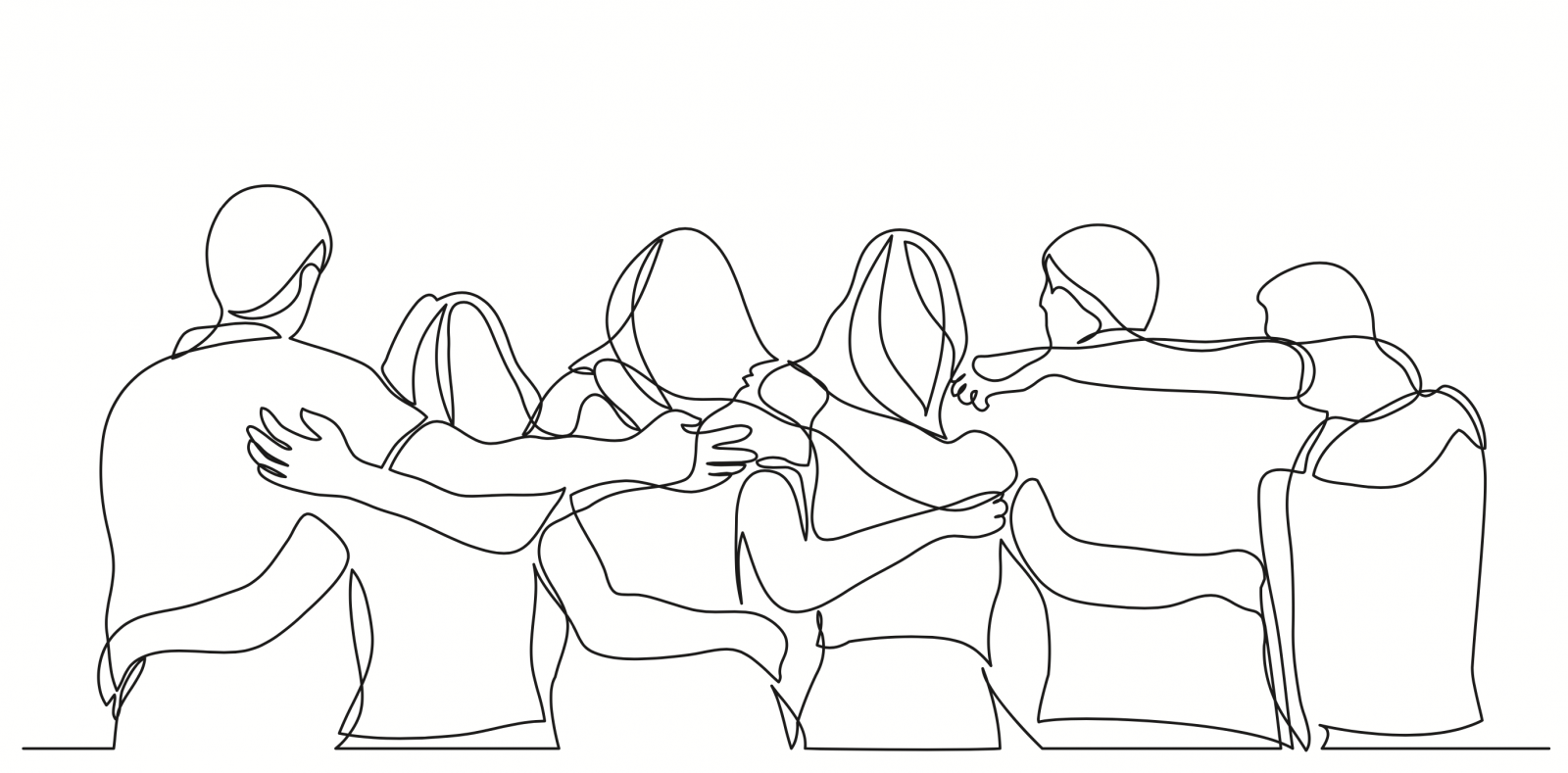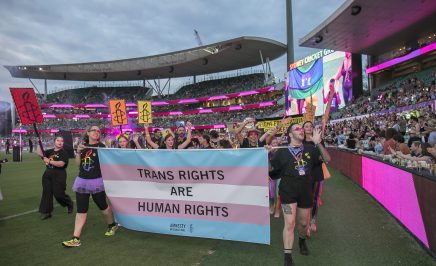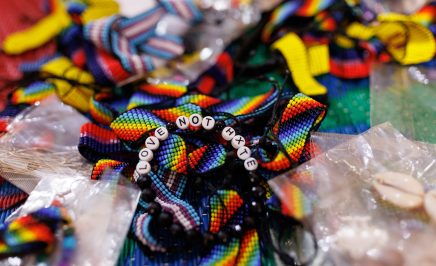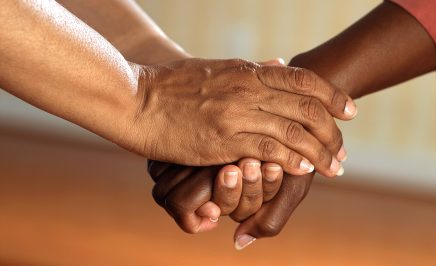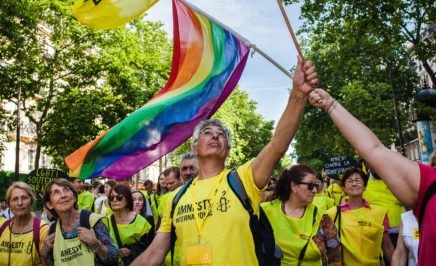Why do we need an Inclusive Language Guide?
Amnesty International Australia is committed to creating a diverse, inclusive, representative and culturally competent movement. AIA wants to ensure that all our employees, volunteers and activists feel respected and valued and that our movement is respectful and inclusive when conducting its work.
One of the ways we can do this is through ensuring that our language is always inclusive and respectful of members of our movement, our employees and our community.
Inclusive language is language that is free from words, phrases or tones that reflect prejudiced, stereotyped or discriminatory view of particular people or groups. It does not deliberately or inadvertently exclude people from feeling accepted. When you use inclusive language, you put the person first and do not focus on how society defines them by their characteristics.
Inclusive language is a way of showing respect for everyone in our organisation and in the community. Inclusive language enables everyone to feel valued and respected. It also allows people to feel comfortable which then enables them to be more able to contribute their talents to drive organisational performance.
What’s covered in the guide?
- Gender, sex and sexuality
- Aboriginal and Torres Strait Islander Peoples
- Cultural and Linguistic Diversity
- Disability and Accessibility
- Inclusive Events
